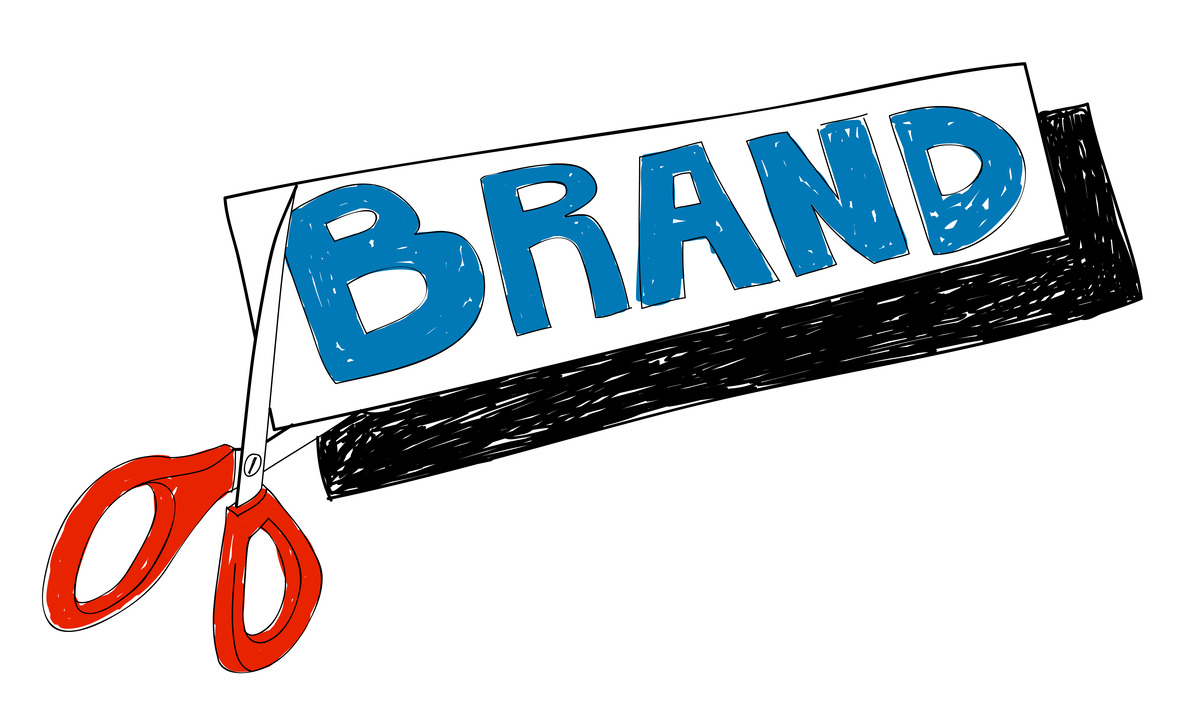Introduction
Concept development is the foundation that revolutionary ideas are built upon in the fields of innovation and advancement. It is the starting point, the place where organized thought and the elusive spark of imagination meet to create ground-breaking discoveries. This complex process is a tapestry of ingenuity, reflection, and improvement that is stitched together to define the future’s contours. In this talk, we take a deep dive into the concept development process, covering its fundamentals, importance, and the many stages that lead to its realization.
Recognizing the Fundamentals of Concept Development
Concept development is fundamentally the process of combining abstract concepts into concrete designs. It is the alchemical process by which uncooked idea is transformed into workable designs and working prototypes. Innovation begins with concept development, which offers the blueprint for the creation of new goods, services, or solutions.
The Importance of Idea Generation
Concept development appears as a driving force in the ever-changing modern world where change is the only constant. It gives people and businesses the ability to change, advance, and remain ahead of the curve in a market that is constantly changing. Concept development stimulates innovation, competitiveness, and long-term growth by cultivating an innovative culture.
The Complicated Process of Idea Generation
Inspiration & Ideation: A spark of inspiration ignites the process of developing a thought. The initial idea, whether it originates from customer requirements, market information, or personal experiences, acts as a spark for creative investigation. Diverse viewpoints merge through collaborative discourse, mind mapping, and brainstorming sessions to fuel the innovation process.
Research and Analysis
After an idea is sown, the following stage is to thoroughly investigate the terrain. Feasibility studies, competitive analyses, and market research shed light on the situation and provide insightful information about possible opportunities and difficulties. This stage directs the course of concept development by providing the basis for well-informed decisions.

Conceptualization and Prototyping
With inspiration and information at hand, the conceptualization stage takes shape, giving abstract concepts a physical form. Iterative refining, fast prototyping, and design thinking techniques enable the notion to become tangible. Prototypes, which might be sketches, mock-ups, or digital renderings, are tangible artifacts that allow stakeholders to see and engage with the suggested solution.
Validation and Feedback
Using procedures for both validation and feedback, the notion is rigorously evaluated as it develops. Focus groups, beta trials, and user testing are excellent resources for learning about user preferences, perceptions, and pain issues. This iterative refinement process makes that the idea speaks to the right people and successfully meets demands in the real world.
Iterative Refinement
The process of developing a concept is dynamic and iterative, with constant evolution and refinement. Iterative iterations are informed by feedback loops, data analytics, and market insights, which improve the concept’s feasibility, relevance, and usefulness. Adopting a resilient and adaptive mentality is crucial since ideas change as a result of shifting dynamics and new trends.
The Craft of Concept Development Artistry
Concept development is more than just a complicated process; it’s an artistic endeavour that crosses traditional limits. It is evidence of the inventiveness, creativity, and problem-solving abilities of people. Idea developers shape the boundaries of possibility by turning concepts into realities, much like a skilled craftsman moulding marble into a work of art.
The Intersection of Creativity and Strategy
The skilful blending of strategy and creativity is essential to concept development’s artistry. Strategy offers the guiding structure for execution and implementation, while creativity feeds imagination and inspiration. Together, these two components work as a catalyst for creativity, bringing about revolutionary change and long-term prosperity.
Adopting a Creative Culture
Organizations hoping to prosper in the digital age must foster an innovative culture in an era characterized by disruptive change and rapid technology breakthroughs. The foundation of such a culture is concept development, which promotes an atmosphere in which experimentation is welcomed, curiosity is valued, and failure is seen as a necessary step toward success.
In summary
Concept creation is a thread in the human endeavour tapestry that demonstrates the unwavering spirit of invention. It’s an adventure filled with exploration, ingenuity, and tenacity where the bounds of what is possible are always being stretched and reinvented. Let us embrace the artistry of concept development and use its transformative power to design a better future for future generations as we negotiate the intricacies of a world that is always changing.


